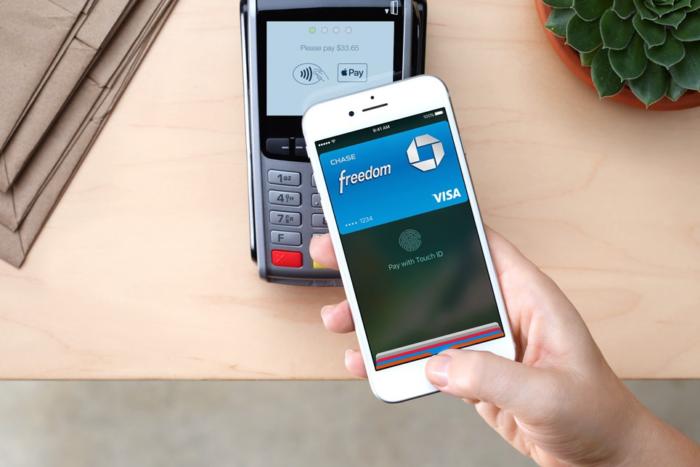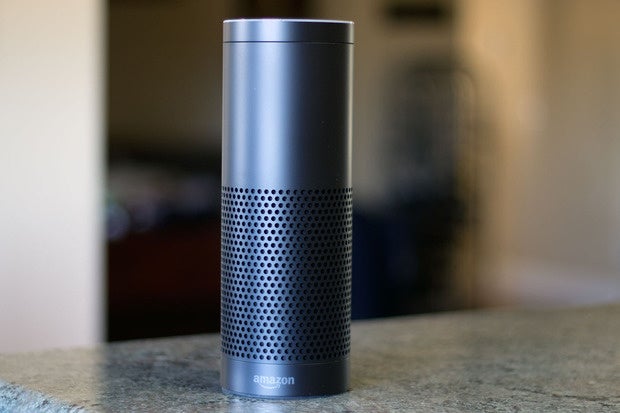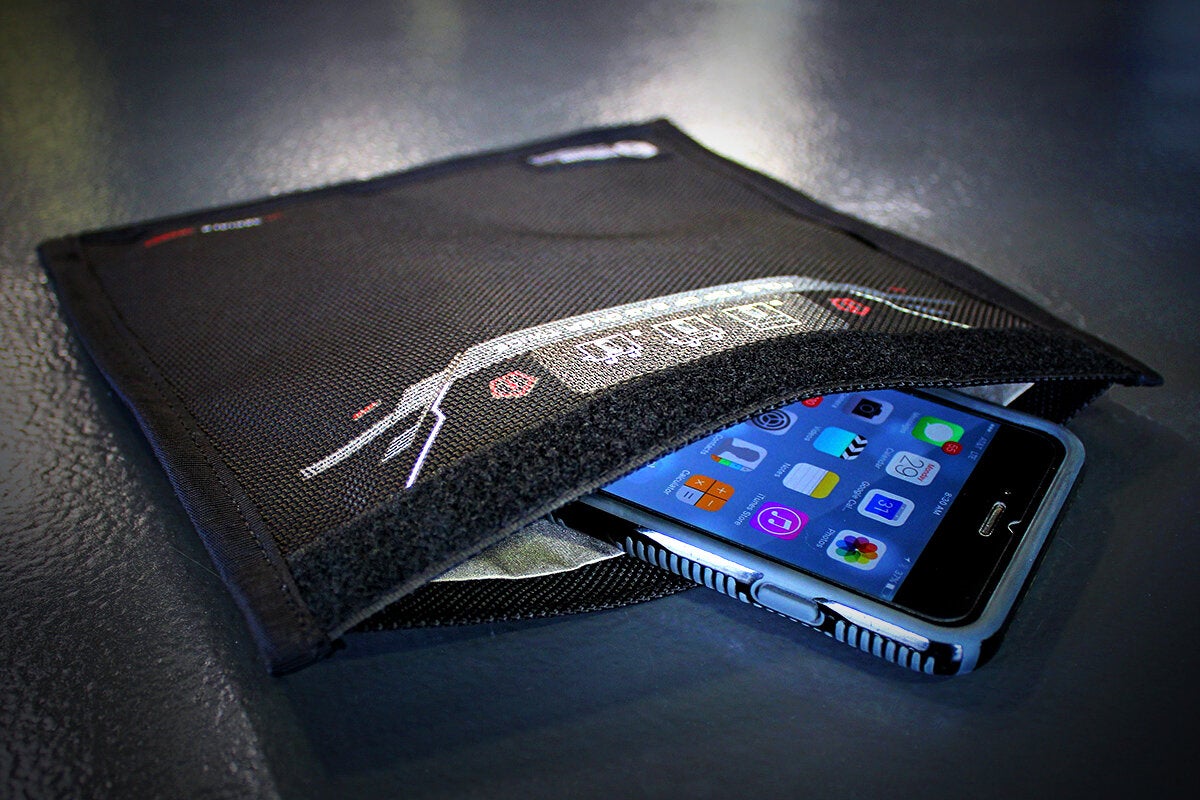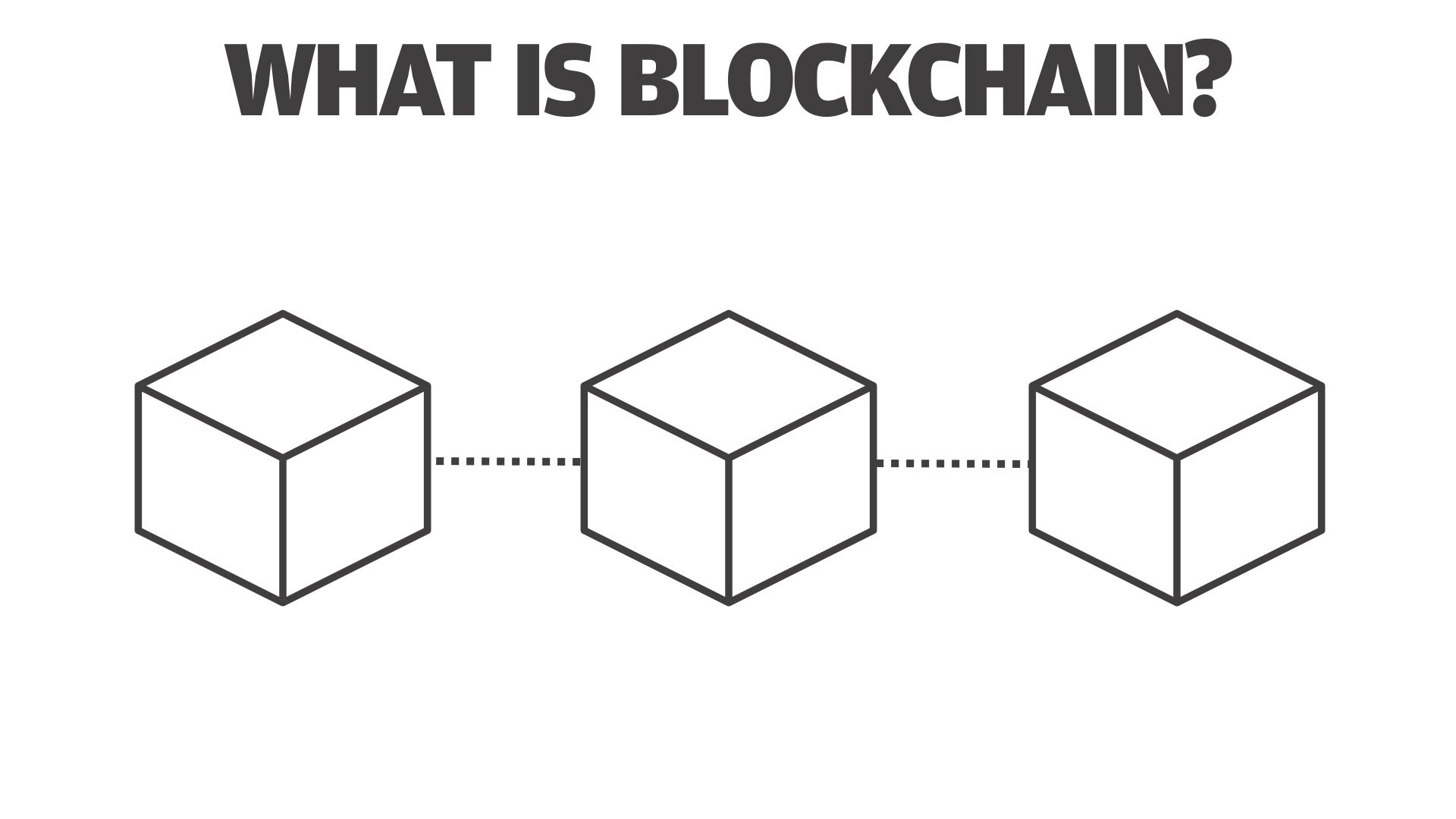Apple's Health Record API released to third-party developers; is it safe?
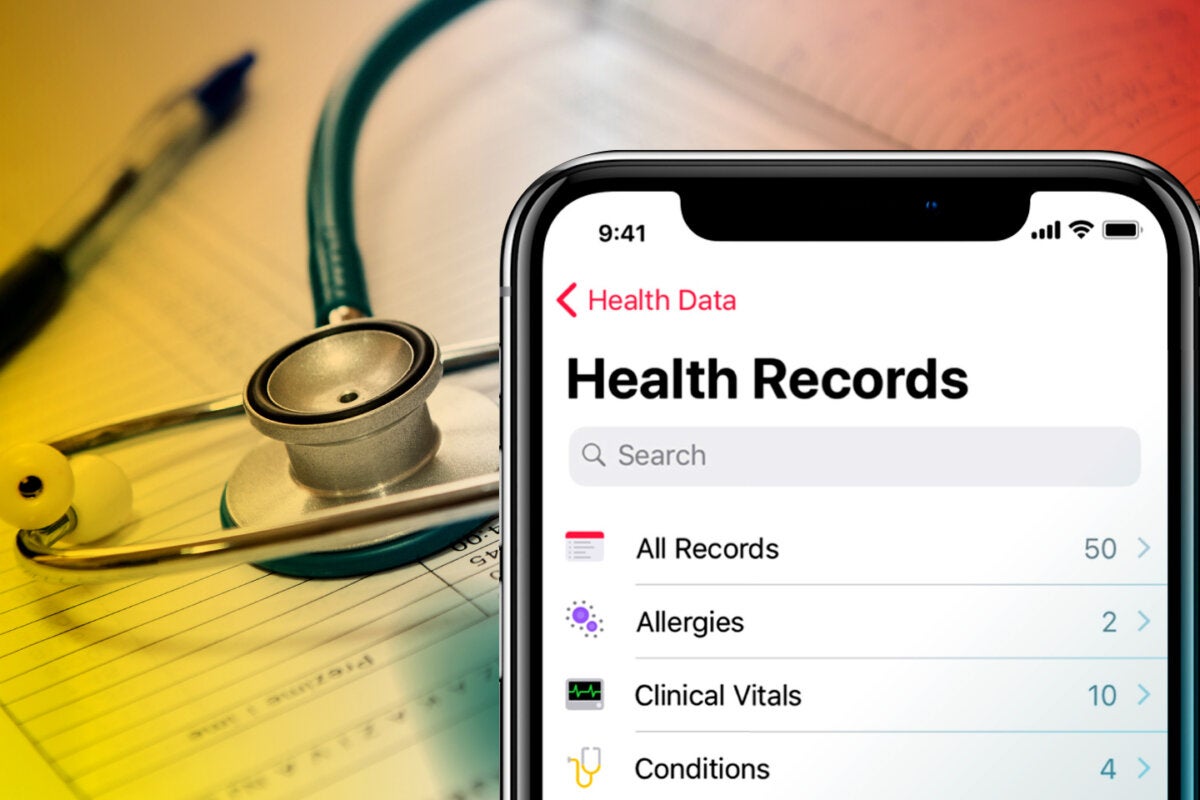
Credit to Author: Lucas Mearian| Date: Thu, 07 Jun 2018 03:11:00 -0700
Apple at its Worldwide Developers Conference this week released an API that allows developers and researchers to create applications that connect to Health Records, a feature released with iOS 11.3 that allows patients to port their electronic health info to mobile devices and share data between care providers.
While the move promises to streamline the sharing of healthcare data, it also could open the door to that highly sensitive data falling into the wrong hands.


